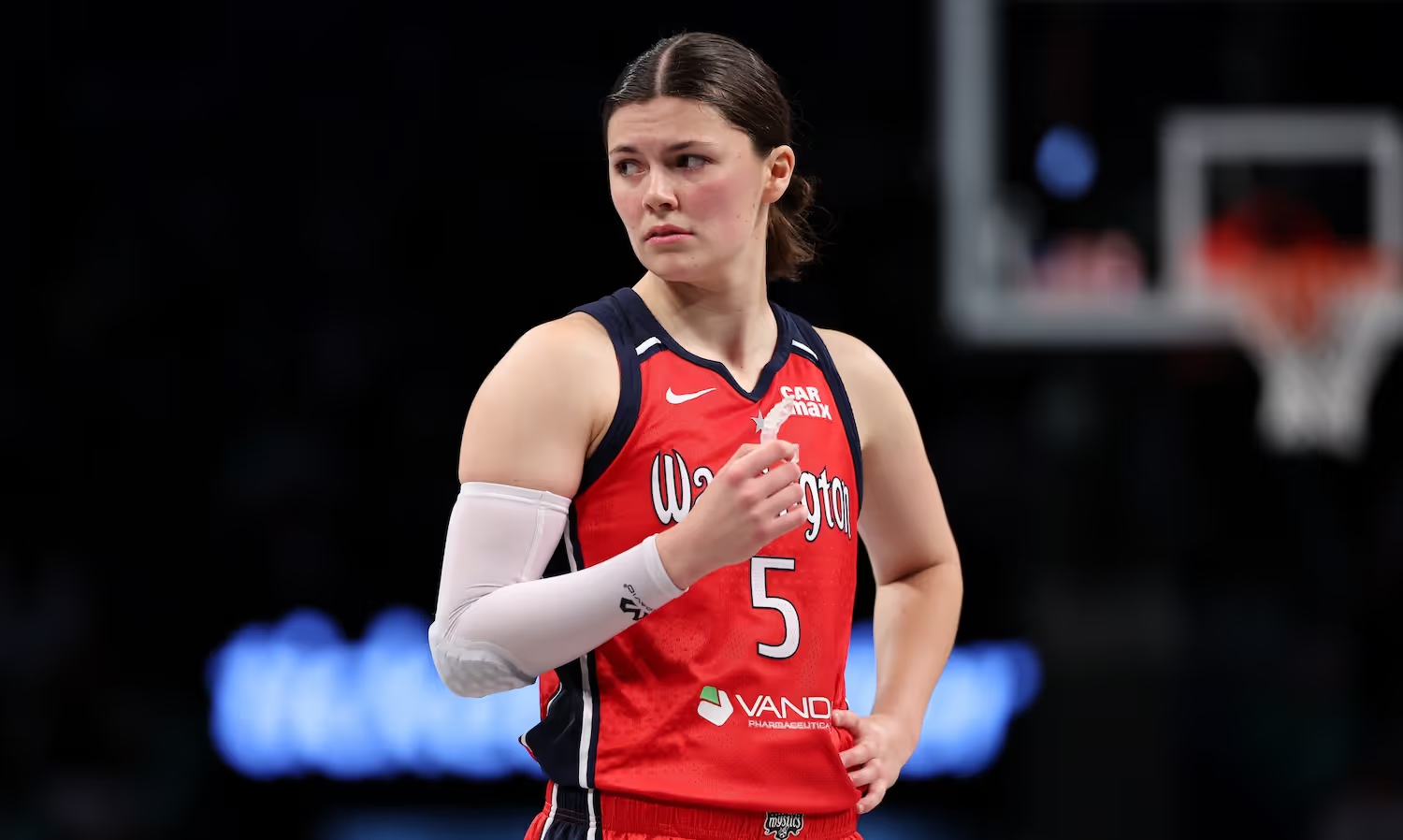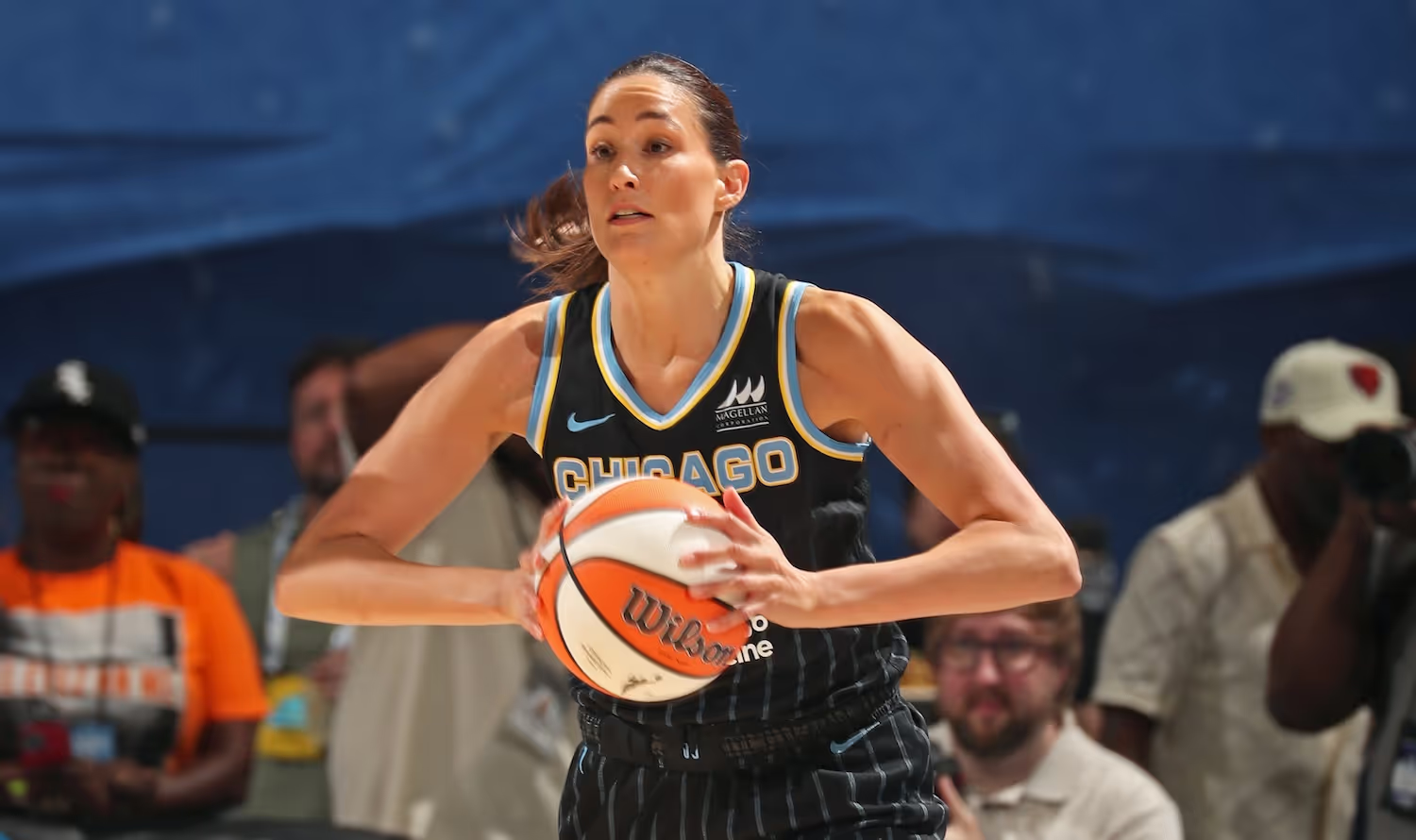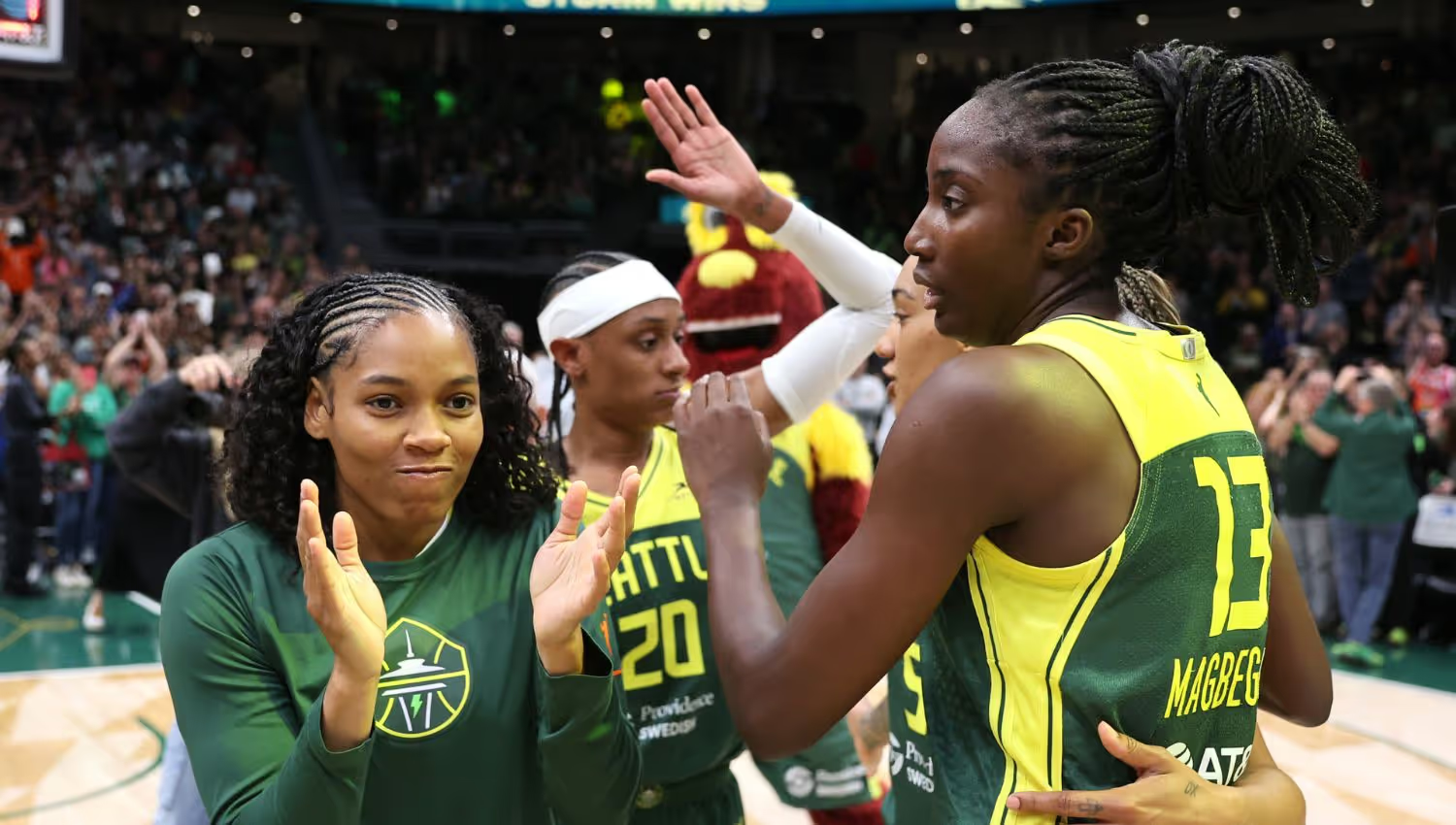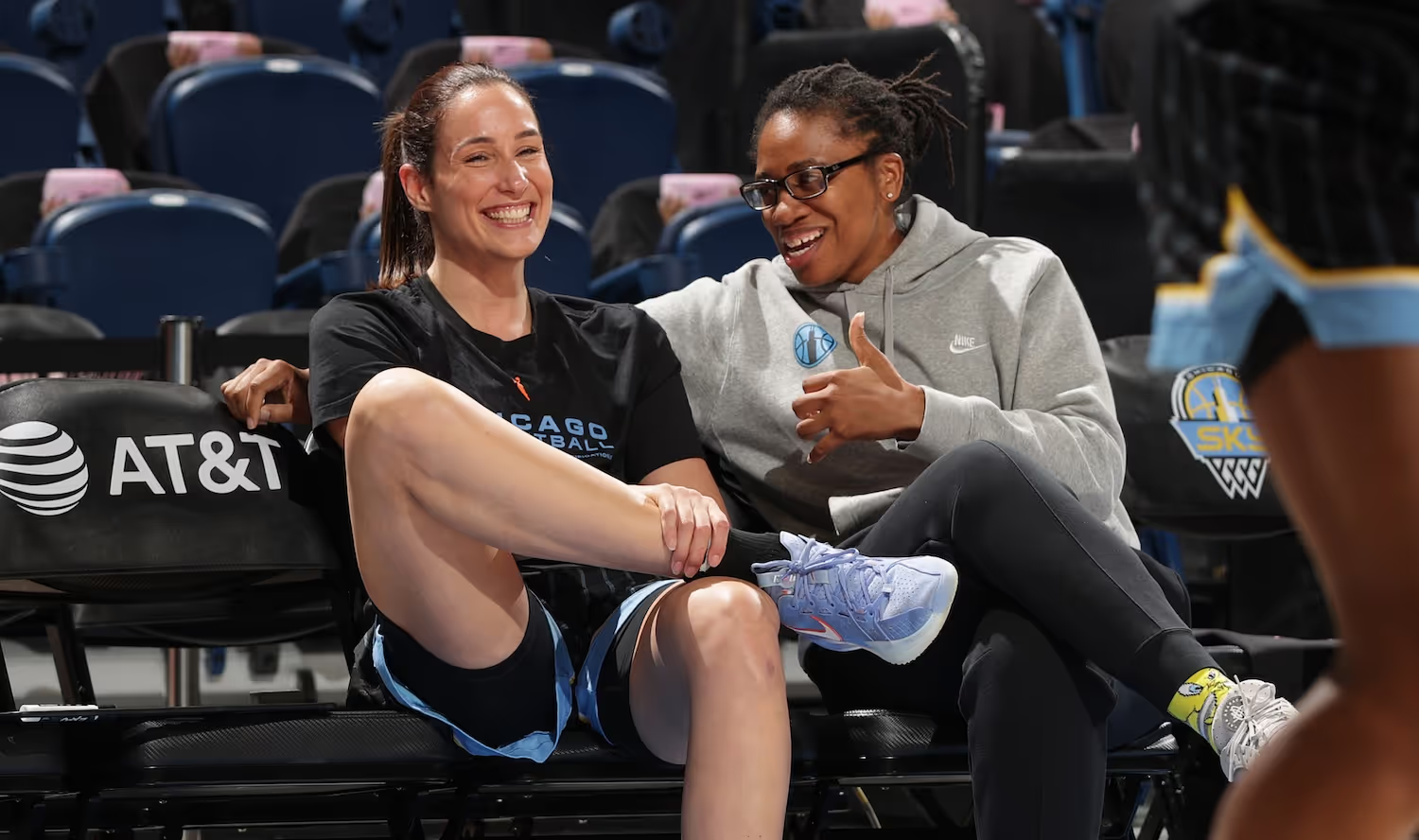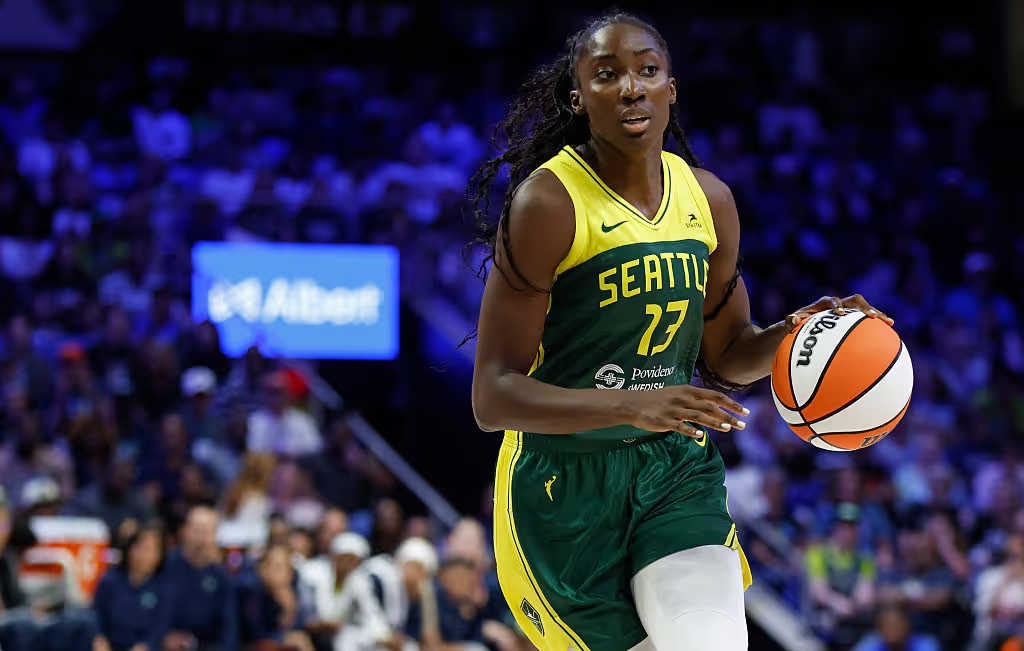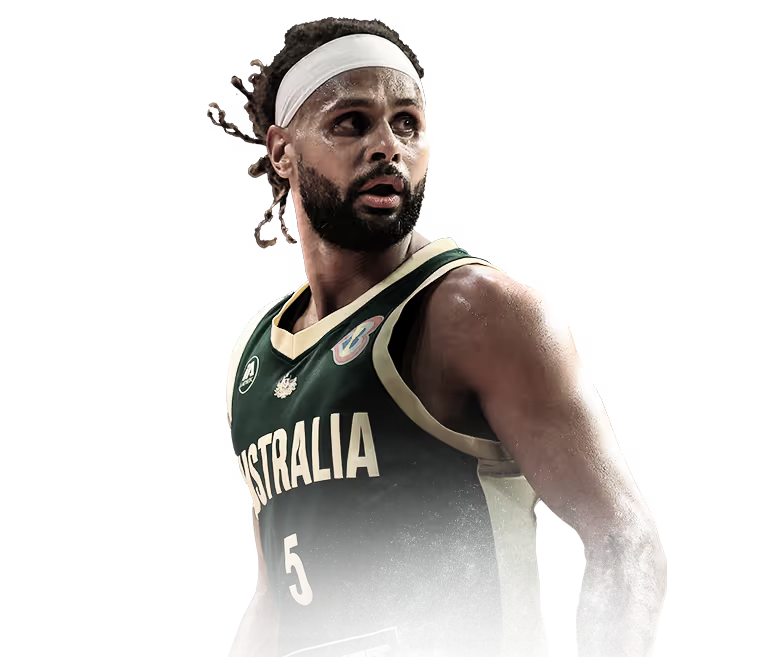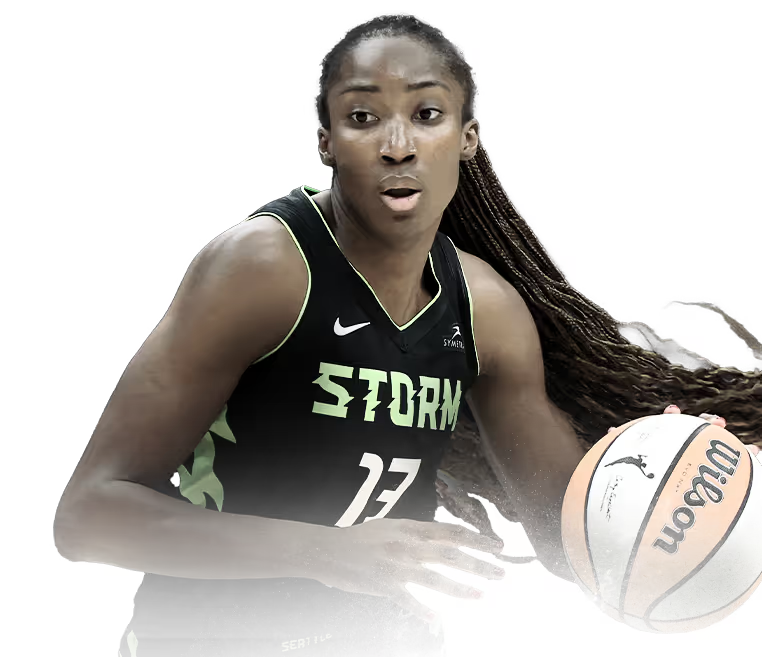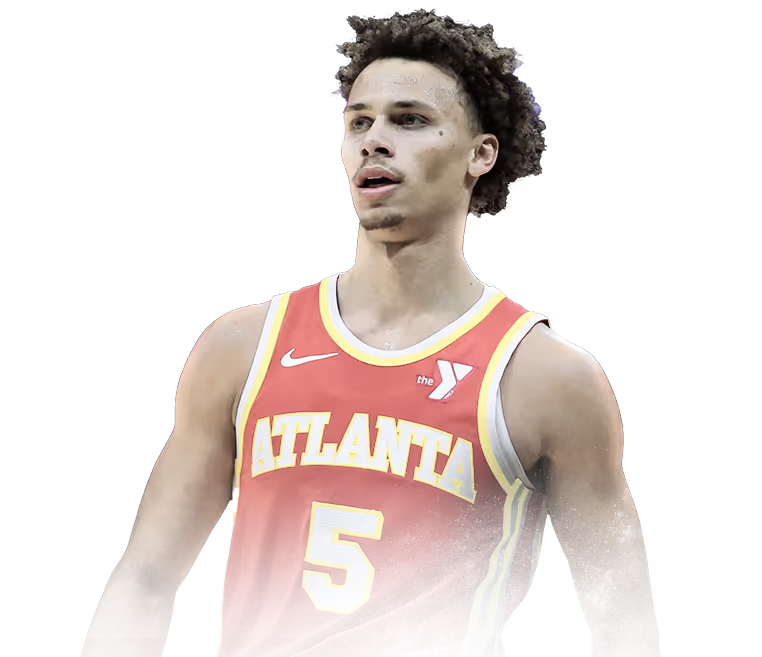

1
Jul
League Growth
WNBA adds three teams in historic expansion
WNBA expansion brings women's basketball to Cleveland, Detroit, and Philadelphia.
- Quick Guide: List of Aussies in the WNBA in 2025
- How to watch every WNBA game in Australia in 2025
- Super 6: Biggest must-see games of WNBL26
The Women's National Basketball Association has announced a historic expansion to 18 teams, adding Cleveland, Detroit, and Philadelphia to its roster.
This significant growth — pending approval from the WNBA and NBA Boards of Governors — represents one of the most substantial expansions in the league's history and highlights the surging popularity of women's basketball across North America.
The three newcomers will join the WNBA's existing 15 teams, including the Golden State Valkyries who began play in May 2025, as well as previously announced expansion franchises in Toronto and Portland, both set to debut in 2026.
Cleveland will tip off first among the newest additions in 2028, followed by Detroit in 2029, and Philadelphia in 2030.
A Response to Growing Demand
WNBA Commissioner Cathy Engelbert pointed to unprecedented interest in women's basketball as the driving force behind this expansion.
"The demand for women's basketball has never been higher, and we are thrilled to welcome Cleveland, Detroit, and Philadelphia to the WNBA family," Engelbert said.
"This historic expansion is a powerful reflection of our league's extraordinary momentum, the depth of talent across the game, and the surging demand for investment in women's professional basketball."
The expansion comes at a time when women's basketball is experiencing remarkable growth at all levels. College women's basketball viewership has reached record numbers, with the 2025 NCAA Women's Final Four drawing unprecedented television ratings. The WNBA itself has seen substantial increases in attendance, merchandise sales, and media coverage over the past several seasons, partly due to the 'Caitlin Clark effect'.
The WNBA's expansion strategy involved careful consideration of multiple factors, including market viability, ownership commitment, fan potential, corporate support, media partnerships, facilities, and community engagement.
Cleveland: A Basketball Renaissance
Cleveland's return to the WNBA marks a homecoming for professional women's basketball in a city with deep basketball roots. The city previously hosted the Cleveland Rockers from 1997 to 2003 during the WNBA's early years.
Rock Entertainment Group (REG), led by Chairman Dan Gilbert, will own and operate the new Cleveland franchise. Gilbert, who acquired the Cleveland Cavaliers in 2005, has overseen significant success with the NBA team, including seven Central Division titles, five Eastern Conference championships, and the historic 2016 NBA Championship.
"The WNBA's return to Cleveland marks a pivotal moment for women's sports," Gilbert said.
"Years from now, we will reflect on this day as a truly monumental point in Cleveland sports history."
Gilbert's existing sports portfolio includes the Cleveland Charge (the Cavaliers' G League affiliate) and the Cleveland Monsters (AHL affiliate of the NHL's Columbus Blue Jackets), providing established infrastructure and expertise in professional sports operations.
Detroit: Rekindling Championship Glory
Detroit's inclusion represents another return to familiar territory for the WNBA. The Detroit Shock competed from 1998 to 2009, establishing themselves as one of the league's most successful franchises with three championships (2003, 2006, 2008).
During their original run, the Shock ranked in the top five in attendance for five consecutive seasons and set a single-game attendance record of 22,076 fans at Game 3 of the 2003 WNBA Finals, demonstrating the city's strong support for women's basketball.
Tom Gores, owner of the Detroit Pistons and Chairman and CEO of global investment firm Platinum Equity, will lead the ownership group alongside his wife Holly and a diverse collection of investors from sports, business, entertainment, media, and finance.
"This is a huge win for Detroit and the WNBA," Gores said.
"Today marks the long-hoped-for return of the WNBA to a city with deep basketball roots and a championship tradition. Detroit played a key role in the league's early growth, and we're proud to reignite that legacy as the WNBA ascends to new heights."
The return of the WNBA to Detroit aligns with ongoing revitalisation efforts in the city and provides another high-level professional sports franchise to complement the Pistons, Lions, Tigers, and Red Wings.
Philadelphia: Expanding a Basketball Legacy
Philadelphia will become the WNBA's 18th franchise in 2030, adding to the city's storied basketball tradition. The team will be owned and operated by Harris Blitzer Sports & Entertainment (HBSE), extending the organisation's global sports portfolio that already includes the Philadelphia 76ers.
"Philadelphia is one of the most storied basketball cities in the world and our region is home to some of the best women's players and coaches to ever grace the hardwood," said HBSE Managing Partner and Co-Founder Josh Harris. "It's only right that this city gets the WNBA team it deserves, and we're humbled to help usher in a new era of Philadelphia basketball."
The ownership group includes Harris, David Blitzer, David Adelman, and Brian Roberts, with support from Comcast, Pennsylvania Governor Shapiro, and Philadelphia Mayor Cherelle Parker.
Ownership Commitment and Vision
A common thread among all three expansion franchises is the presence of established, successful ownership groups with proven track records in professional sports management. This marks a significant evolution from the WNBA's early days when team ownership was primarily concentrated within the NBA itself.
The new ownership groups bring substantial financial resources, business acumen, and operational expertise to the league. Their willingness to invest in women's professional basketball reflects growing confidence in the WNBA's business model and future prospects.
Importantly, each ownership group has emphasised community engagement and social impact as central components of their vision. This aligns with the WNBA's established reputation for community involvement and advocacy on social issues.
Growing the Player Pipeline
One of the most significant implications of the WNBA's expansion is the creation of 36 additional roster spots for professional women's basketball players. This represents approximately a 20 percent increase in total WNBA roster positions once all expansion teams are active, and will see vital opportunities for Australian players to cement their spots long-term.
These new opportunities come at a crucial time for women's basketball, as the talent pool continues to deepen both domestically and internationally. College basketball is producing more WNBA-ready players than ever before, while international leagues continue to develop elite talent around the globe.
The phased introduction of new teams — with one franchise entering each year from 2028 to 2030 allows for gradual integration of new players and provides time for the talent pipeline to expand accordingly.
Exclusive Newsletter
Aussies in your Inbox: Don't miss a point, assist rebound or steal by Aussies competing overseas. Sign-up now!


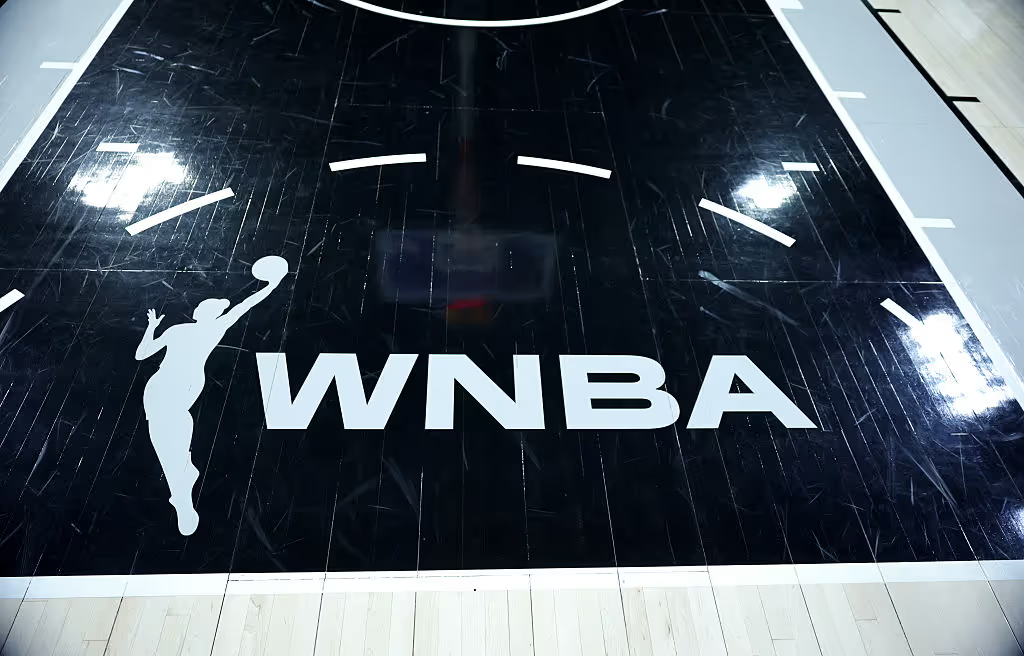

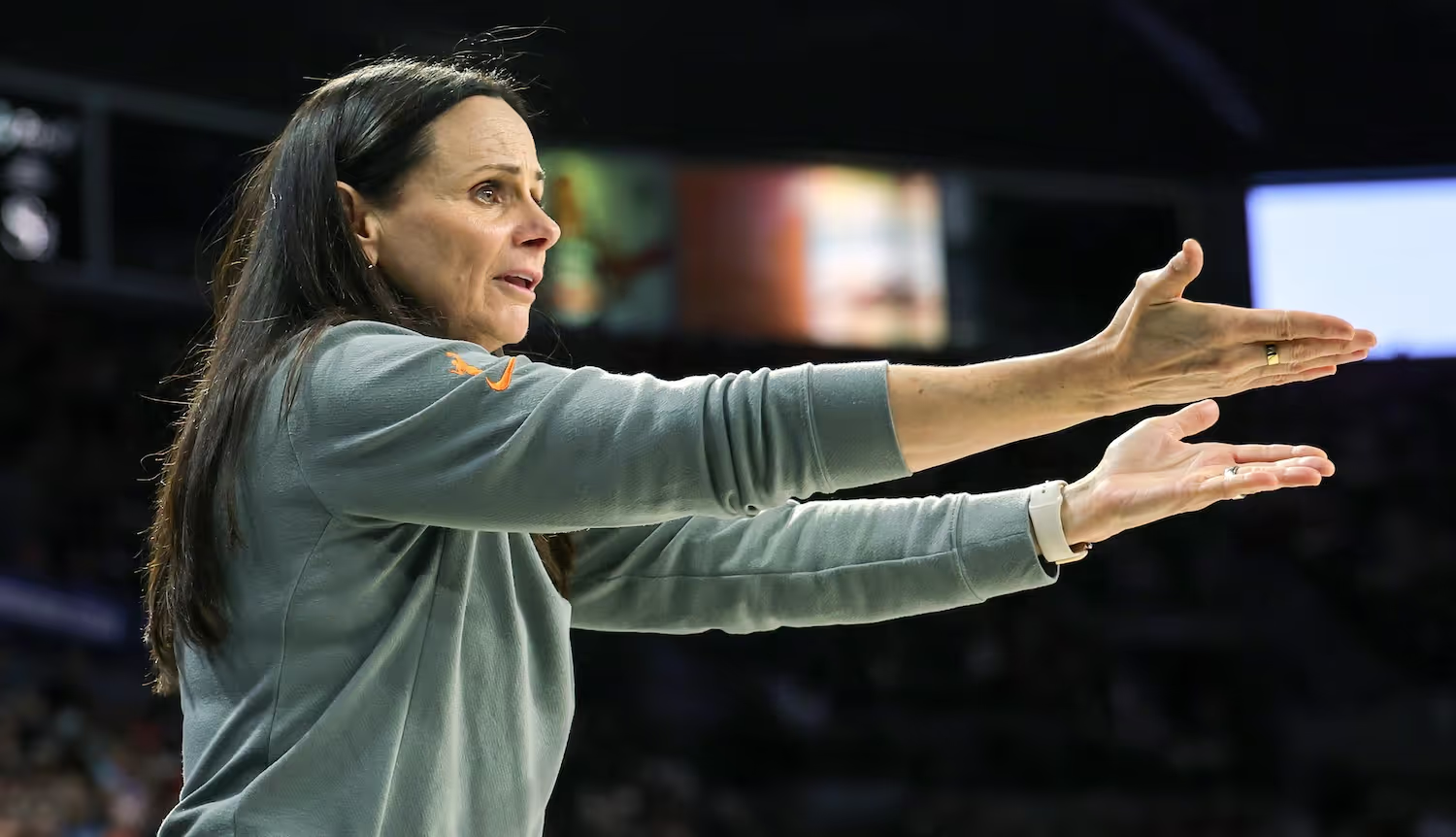


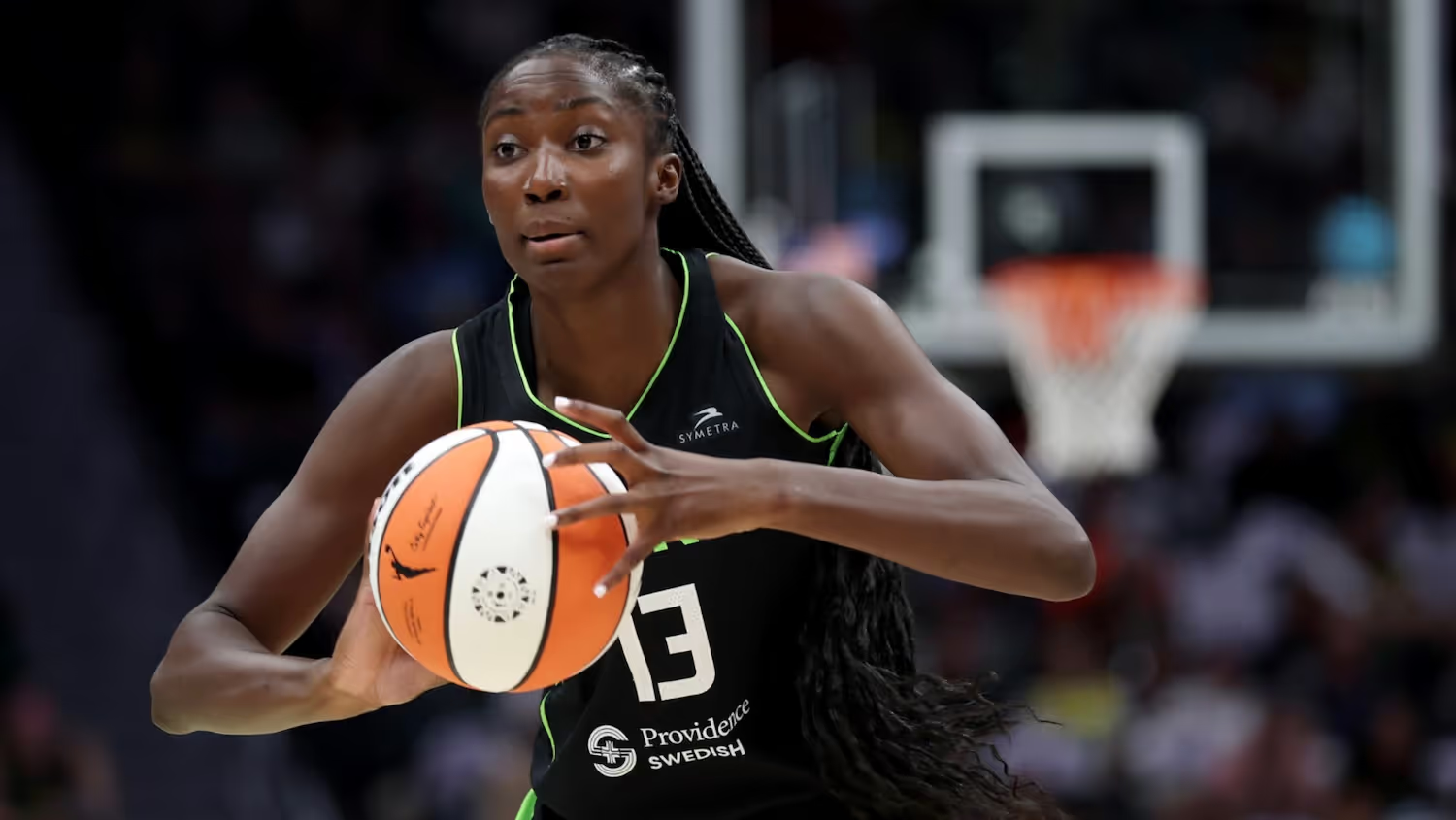
.avif)


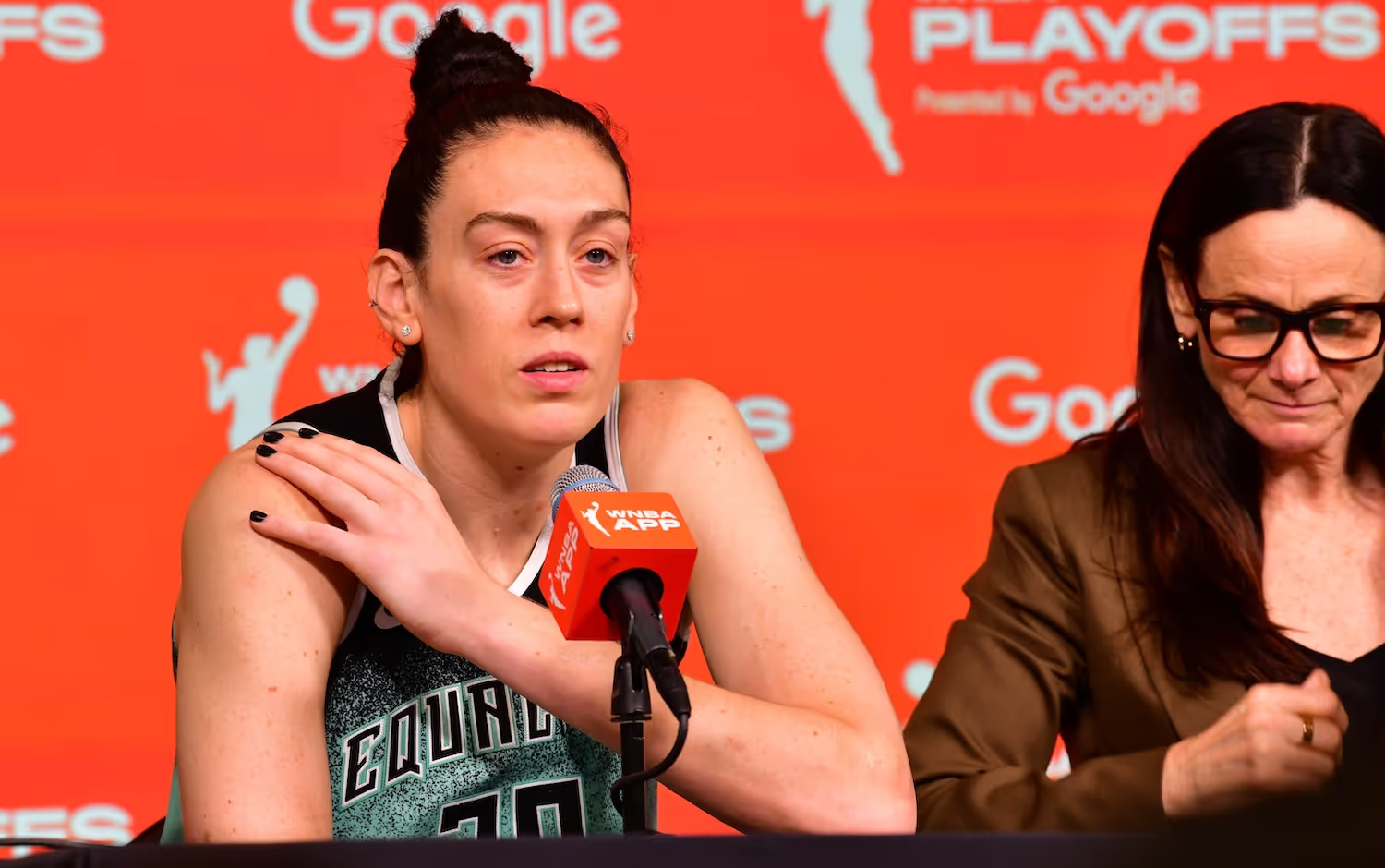
.avif)
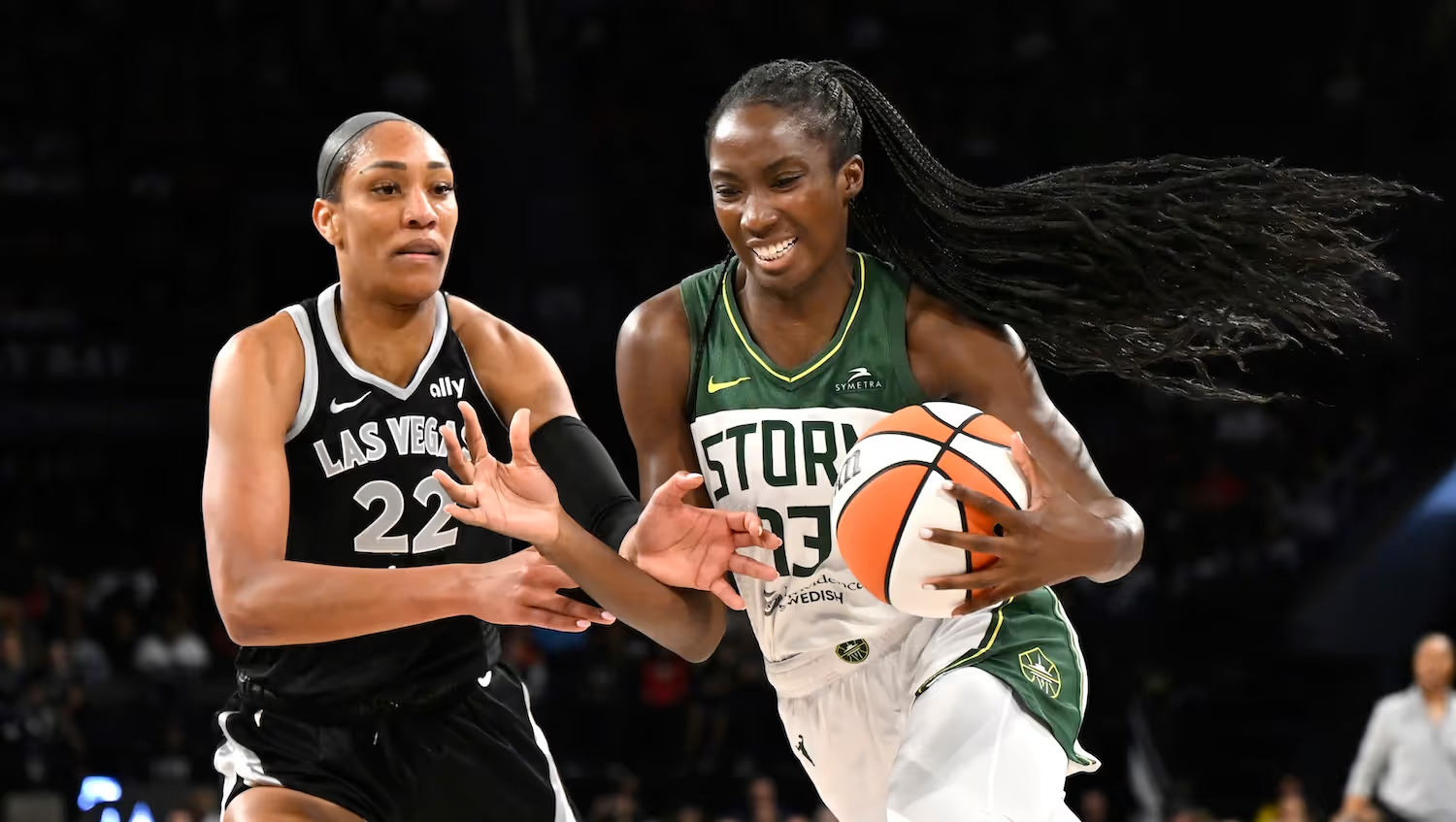
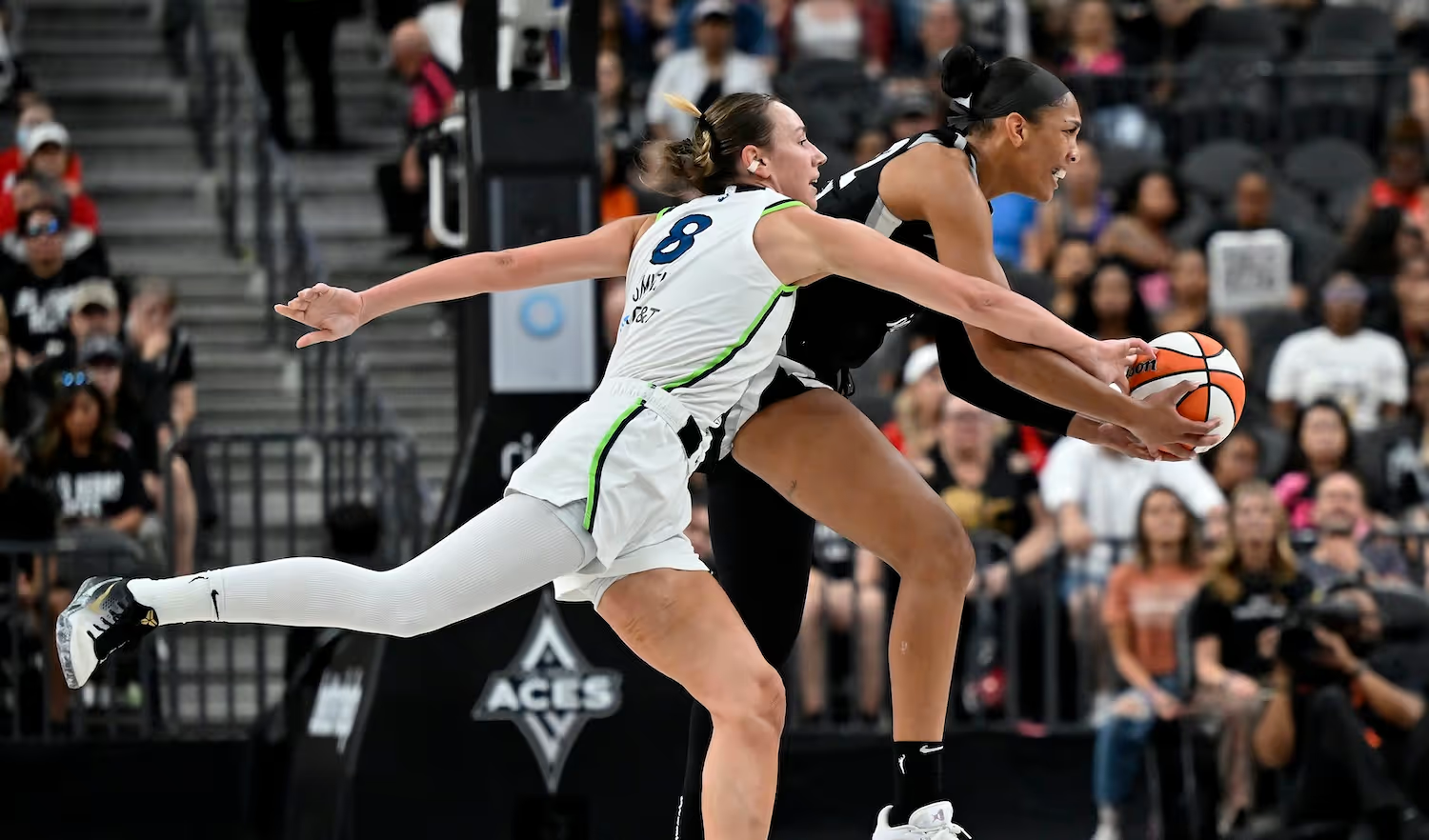
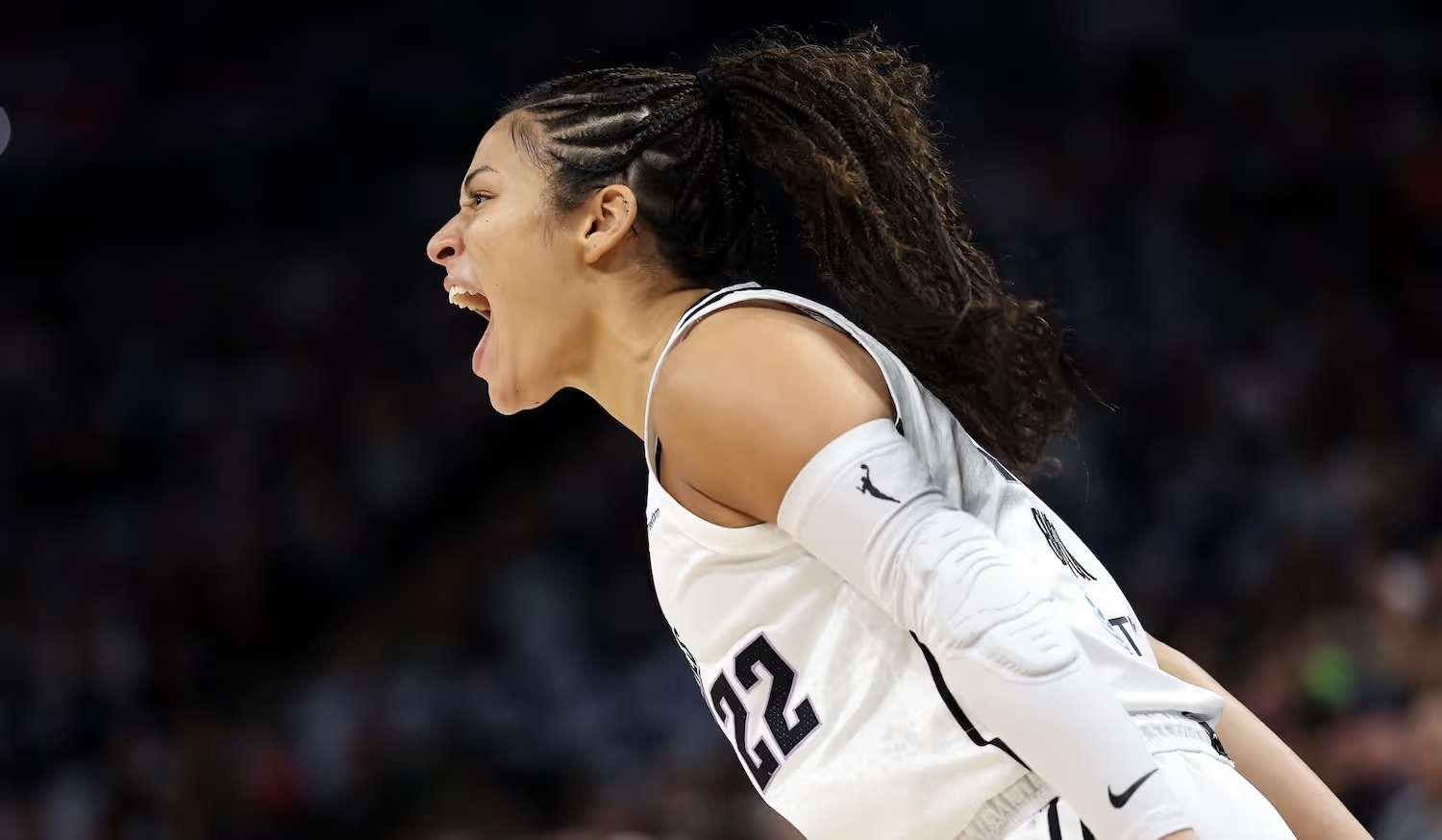
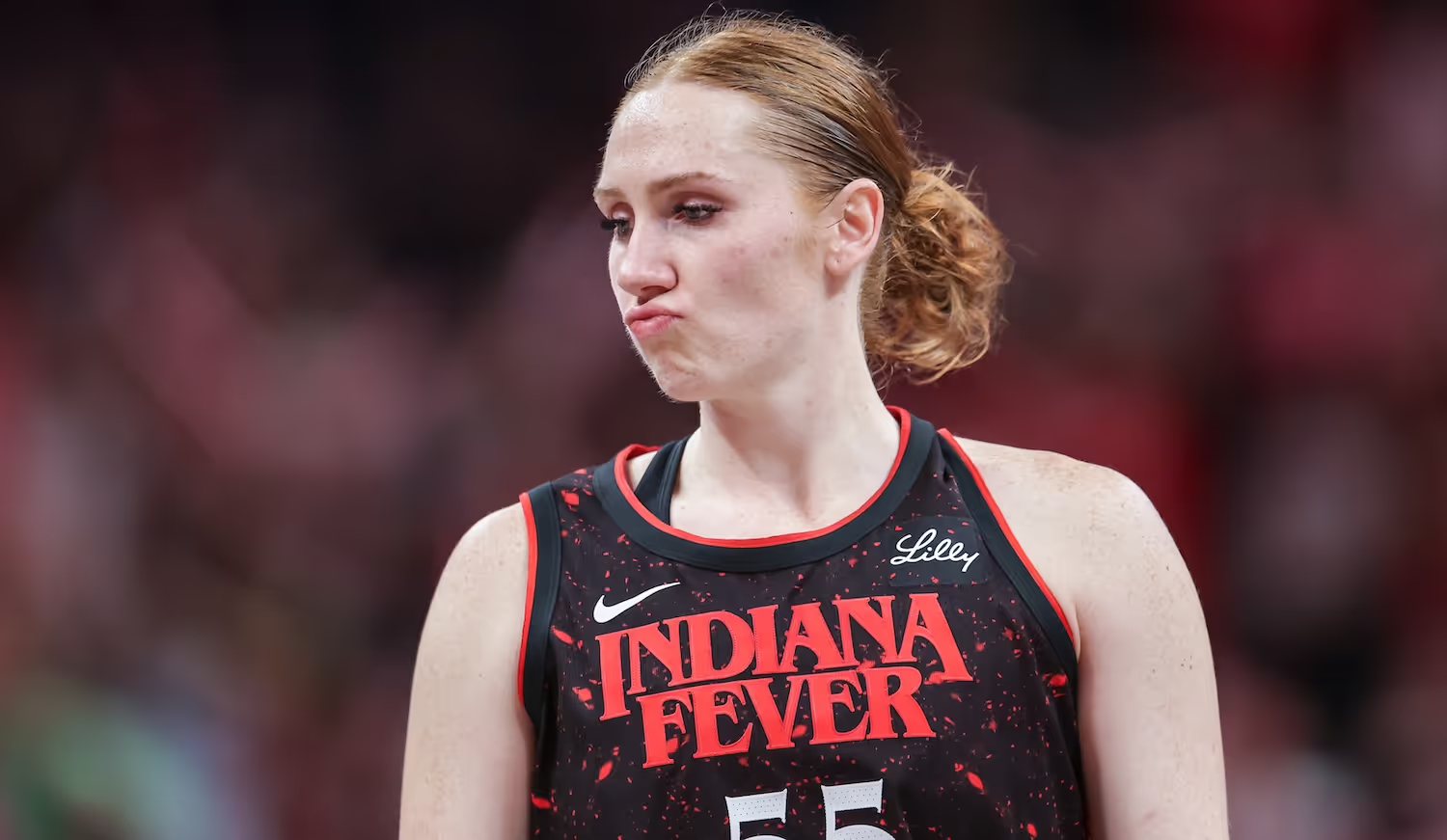
.avif)
